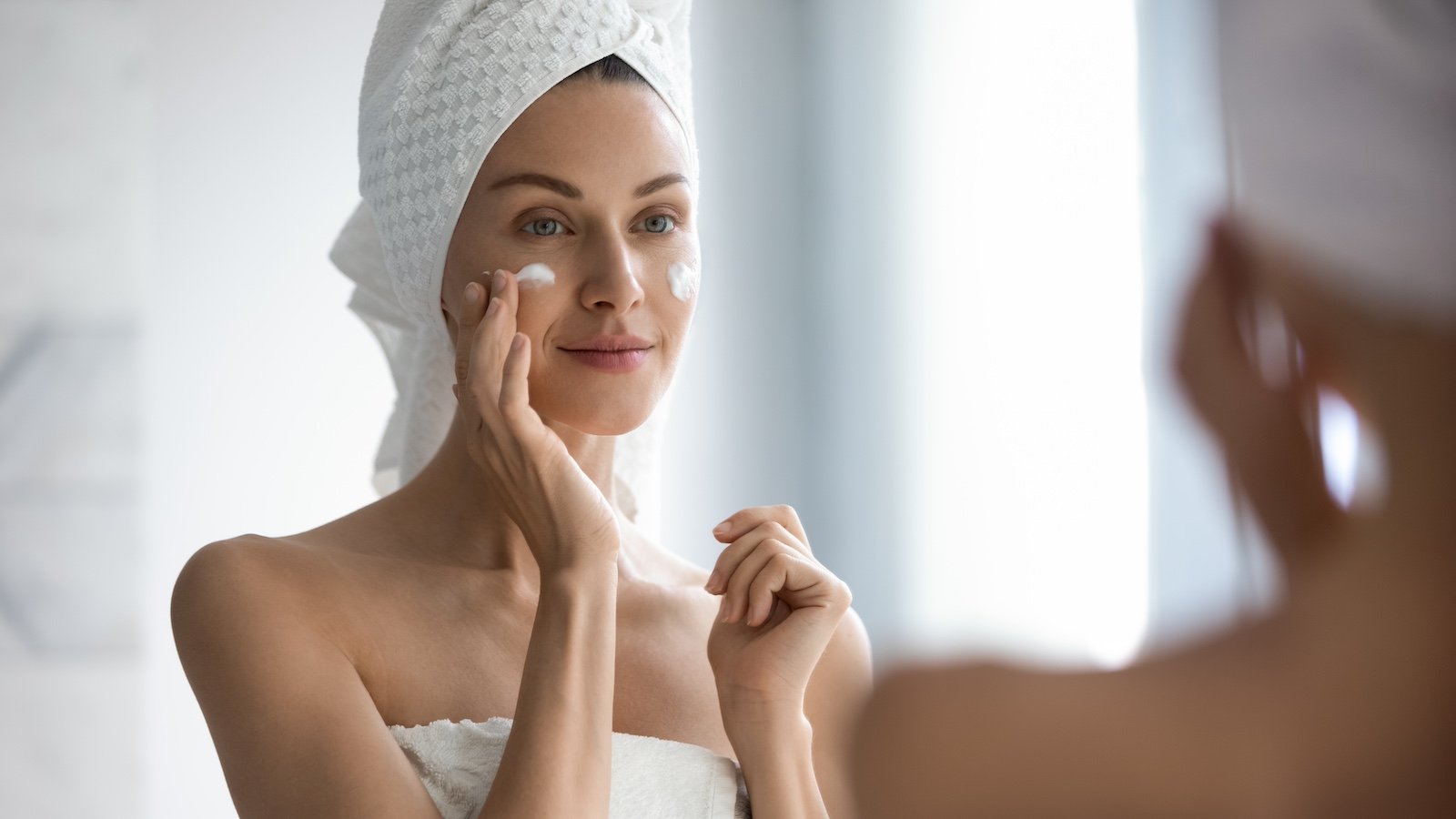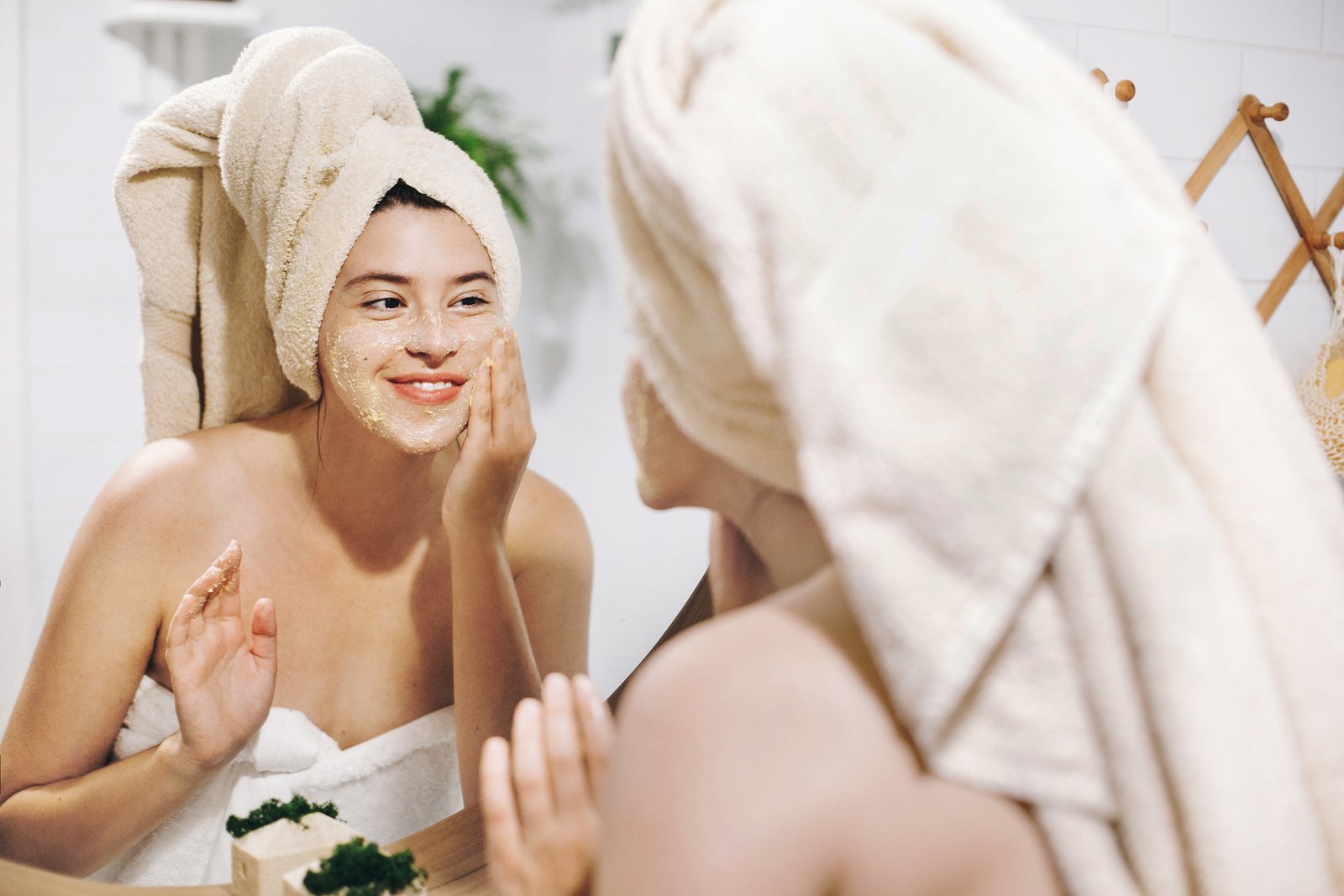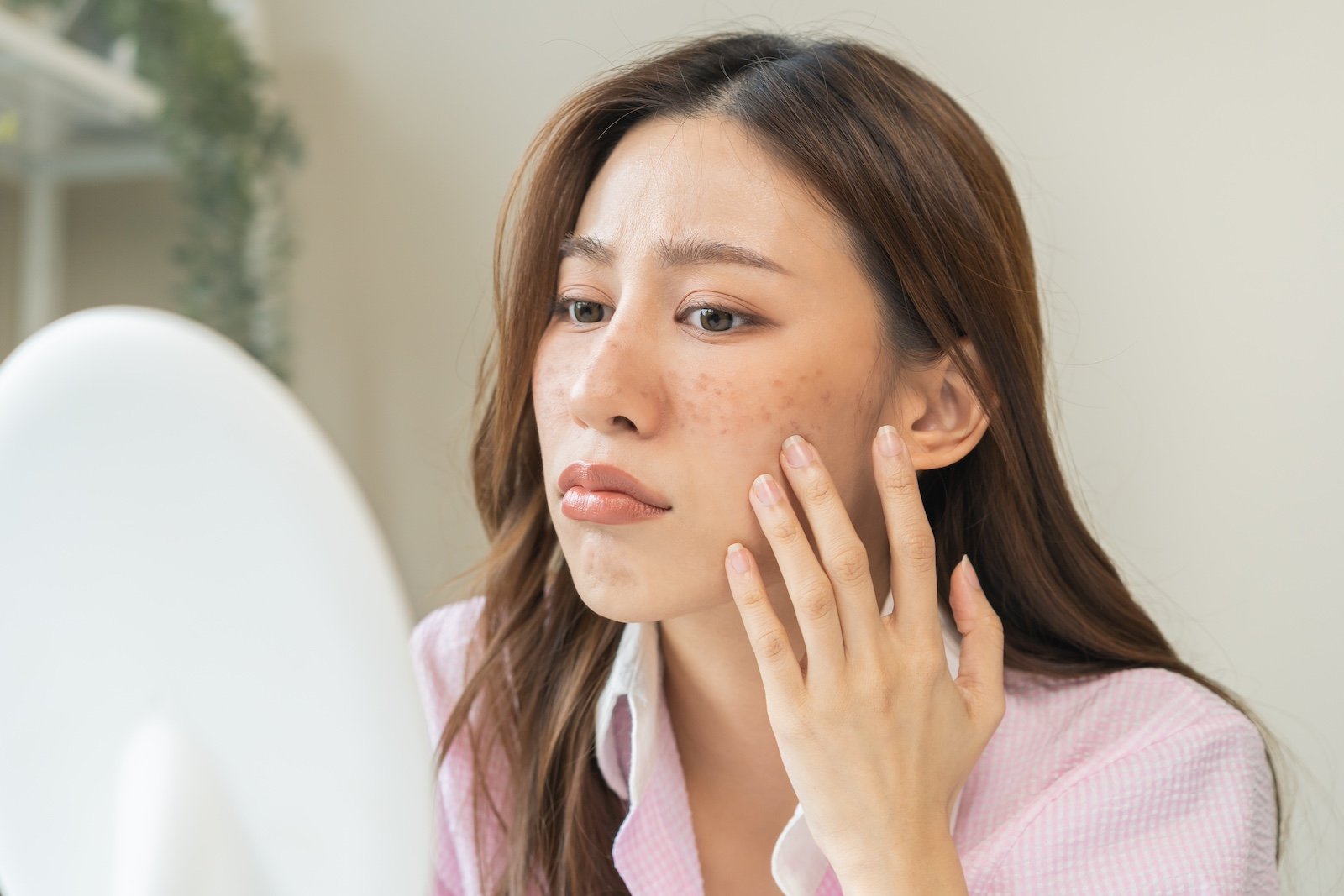Safeguarding your skin is paramount as a record-breaking heatwave intensifies across the U.S. According to the American Cancer Society, selecting the right sunscreen becomes crucial with rising skin cancer issues like melanoma. Melanoma makes up about 1% of skin cancer cases but is linked to a large share of skin cancer fatalities. Remember, regardless of skin tone, everyone needs protection from the sun’s harmful rays.
Understanding your skin type, selecting the correct SPF, and adhering to proper application techniques can significantly minimize your risk of sun damage. We have curated a list of things to consider when buying sunscreen to protect yourself from heatwave woes.
Choosing the Right SPF

Robust sun protection is imperative, with scorching temperatures reaching 40 degrees and beyond. A sunscreen’s Sun Protection Factor (SPF) measures its ability to block rays that cause sunburn, skin aging, and other skin-related diseases. The American Cancer Society recommends using an SPF 30 or higher.
While higher SPFs offer slightly more protection, the difference between SPFs 30 and 50 is minimal. For instance, SPF 15 blocks 93% of UVB rays, SPF 30 stops 97%, SPF 50 shields 98%, and SPF 100 protects 99%. However, no sunscreen offers total protection.
Broad Spectrum Protection

Broad-spectrum sunscreen is essential for comprehensive sun protection, including UVA and UVB rays. UVA rays are often linked to premature aging, wrinkles, and certain types of skin cancer, while UVB rays primarily cause sunburn.
Always check for the “broad spectrum” label on your sunscreen to ensure you get adequate protection. The U.S. Food & Drug Administration (FDA) says that sunscreens that do not offer this protection must state a warning about their limitations in preventing skin cancer and premature aging.
Water Resistance

While water-resistant sunscreens maintain some level of protection when exposed to water or sweat, it’s crucial to understand that no sunscreen is completely waterproof.
According to the American Academy of Dermatology Association AAD, water-resistant sunscreen maintains its effectiveness for up to 40 minutes while swimming or sweating. However, it’s crucial to reapply after this time.
Very water-resistant sunscreens offer more extended protection, staying effective for up to 80 minutes in water. Similar to water-resistant sunscreen, reapplication is necessary after 80 minutes.
Sunscreen Expiration

The lifespan of sunscreen is crucial for its effectiveness. Always check for an expiration date on the product. If none is present, consider it expired after three years from purchase. Expired sunscreen might not protect the skin against U.V. rays. Without U.V. protection from sunscreen, you risk sunburn and an increased chance of developing skin cancer.
Store sunscreen in a cool, dark place away from direct sunlight and excessive heat to prolong sunscreen’s life. Adhering to these guidelines helps maintain the sunscreen’s potency and ensures optimal skin protection.
Separate Sunscreen and Bug-repellent

According to the American Academy of Dermatology Association (AAD), combining sunscreen and insect repellent in a single product is not recommended. Apply sunscreen liberally and often, whereas insect repellent should be used more sparingly and less frequently. Sunscreen’s SPF is significantly lowered when mixed with Diethyltoluamide (DEET), the common ingredient in bug repellents.
Additionally, DEET absorption into the skin increases, potentially leading to higher toxicity. Always apply sunscreen and insect repellent separately. Combining them can reduce their effectiveness. Apply sunscreen first, followed by the bug repellent. This ensures both products work effectively without compromising the other.
Avoid Sunscreen From Foreign Brands

Sunscreens sold, which are made in the U.S., are regulated as drugs, requiring stricter testing for safety and effectiveness. However, sunscreens from other countries may be regulated as cosmetics with less stringent standards.
If you purchase sunscreen abroad, carefully examine the label to ensure it contains the necessary ingredients for adequate sun protection. Prioritize your skin’s health by selecting products that meet rigorous safety guidelines.
Choosing the Right Sunscreen Formulation

Sunscreen is available in various formulations, such as creams, lotions, sprays, oils, and gels. Each has its pros and cons. Sprays, for example, can be convenient but might not provide complete coverage, especially on the face. Sunscreen sticks are mess-free but may be a little inconvenient to apply to large areas.
Creams and lotions offer broad application but can feel greasy. When selecting a sunscreen, consider your skin type, activity level, and personal preference. If unsure, consult a dermatologist for tailored advice.
Consider Your Daily Activities

For outdoor enthusiasts engaging in water sports or prolonged sun exposure, a water-resistant sunscreen with a high SPF (30-50) is essential. These formulas offer extended protection against sweat and water. If your outdoor time is limited to short bursts, like a morning walk or gardening, a lower SPF (15<) might suffice.
The sun’s strength fluctuates throughout the day, with its peak intensity generally occurring between 10 AM and 4 PM. During these times, more potent sunscreens are recommended. By carefully considering your outdoor habits and the time of day, you can select a sunscreen that provides optimal protection for your skin.
Skin Type Considerations

Choosing the right sunscreen is essential for adequate sun protection and skin health. Your skin type is the key to choosing the right sunscreen formula. To avoid clogged pores and greasy residue, those with oily skin should select an oil-free or gel sunscreen. But if your skin tends to be dry, a moisturizing lotion sunscreen will hydrate and protect at the same time. People with sensitive skin should prioritize hypoallergenic, fragrance-free sunscreens to minimize irritation. Mineral sunscreens with zinc oxide or titanium dioxide are typically kinder to sensitive skin, though they may feel heavier.
By selecting a sunscreen that matches your skin type, you can enjoy optimal sun protection while maintaining your skin’s health and comfort.
Choose Mineral Sunscreen

Mineral sunscreens are often considered a choice for sun protection during the heat wave. Dr Denise Gallo, ARPN says to for superior sun protection, choose a sunscreen containing zinc oxide or titanium dioxide. These mineral ingredients provide a physical barrier, keeping the sun’s harmful rays from harming your skin.
Formulations that are made with mineral nanoparticles “rub into the skin beautifully,” stated Dr. Jacqueline Watchmaker, a dermatologist in Scottsdale, Arizona, and a spokesperson for the American Academy of Dermatology (AAD).
While mineral sunscreens once left a white cast, advancements have produced formulations that blend seamlessly into various skin tones.
Ingredient Awareness

Pay close attention to the ingredient list to identify potential allergens or irritants that might affect your skin. Look for beneficial ingredients. Antioxidants like vitamin E can offer additional protection against free radicals, helping to maintain skin health. However, remember that the primary function of sunscreen is U.V. protection, so prioritize broad-spectrum coverage with an adequate SPF.
A close examination of the ingredient list helps you to choose a sunscreen that not only shields your skin but also enhances your skincare routine.
Consult a Dermatologist for Personalized Advice

For personalized sunscreen recommendations, consult a dermatologist. They can assess your skin types, conditions like eczema or psoriasis, and any medications you use to recommend the most suitable sunscreen. A dermatologist can also provide expert advice on ingredients, potential allergens, and high-quality sunscreen brands to protect your skin effectively.


